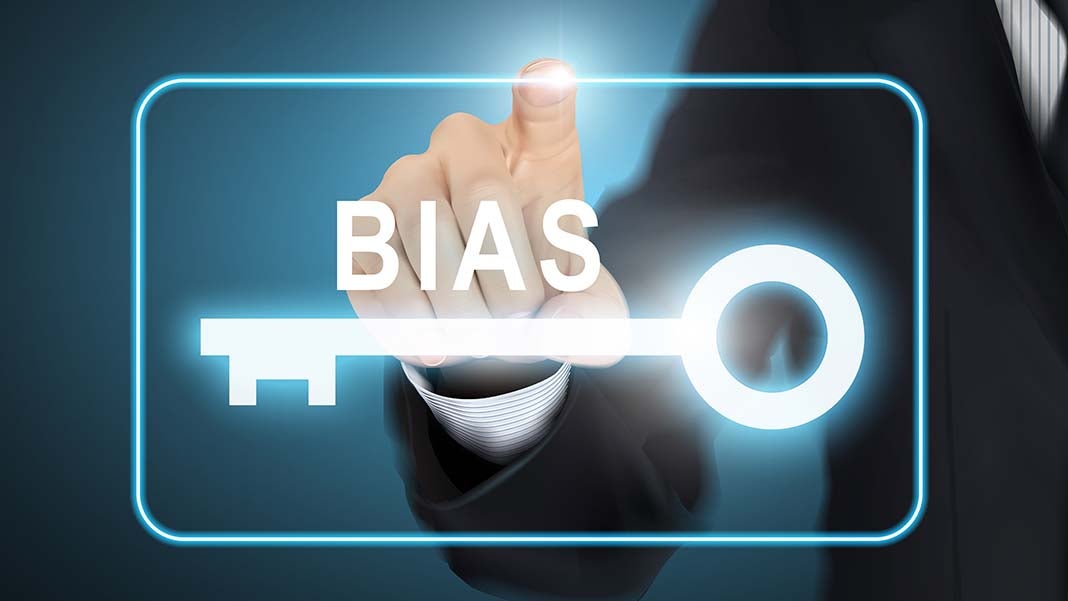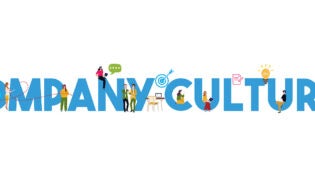Bias Decisions: How Are They Affecting Your Workplace?
By: Debbie Fletcher

Whether or not you are aware of it, unconscious bias is a part of the way you think. No matter how ‘fair’ you believe you are, you harbour preferences or make judgments regarding a person’s gender, age, height, skin colour, marital status, parental status, ability or disability, accent, weight – perhaps even the university a person attended.
For the most part, this is due to the environment in which we each grew up and continue to operate in, with our families, education and experiences causing us to form particular opinions.
In itself, it isn’t that surprising: it’s a function that allows us to quickly categorise and filter the people we come into contact with – an evolutionary skill we learnt to develop to minimise the risk of danger. Fortunately, we can challenge our own biases with reason and logic to ensure we’re not acting in a way that’s discriminatory or prejudiced. But, too often we forget to do this. This has particularly damaging consequences – including in the workplace.
There are many types of bias you might observe in the workplace, including:
- affinity bias
- halo effect
- perception bias
- confirmation bias
- group think
Each type of bias is a little different, but the result is the same: we end up giving particular people an advantage or disadvantage due to the snap judgement we’ve made about them. So what is the impact of these types of unconscious bias?
Well, recruitment is perhaps one of the biggest problem areas for a workplace tackling unconscious bias. Those clicking through HR systems and making recruitment decisions will undoubtedly make a split second judgement about the applicants they’re sorting through (even if they believe they’re not making an unconscious judgement at all), and will continue to be unconsciously guided as they get to know the candidates better through face to face interviews. For example, one type of bias you might see arising in the recruitment process is affinity bias. This is a common problem in the context of recruitment, and essentially boils down to the fact you’re more likely to hire someone you feel an affinity with.
For example, you’re more likely to hire someone who attended the same university or grew up in the same town as you, or you’re at least more likely to act more kindly towards these people: if they appear nervous, you might offer more words of encouragement or attempt to soothe them in a way you wouldn’t if you had no affinity with that candidate at all. And this is just the tip of the iceberg. Without realising that you harbour prejudices, you might discount particular candidates due to an experience or perception you aren’t consciously aware of. So as you can see, bias decisions can seriously impact upon your business’s recruitment decisions.
Unconscious bias also has a significant impact on performance and development reviews. For example, those in charge of conducting performance and development reviews may find themselves falling prey to confirmation bias. This occurs when you’ve already made a judgement about someone, perhaps based on historical experience or feedback from other colleagues, causing you to then subconsciously look for evidence to back up your opinion of a person. The reason for this is that we’re wired to want to believe we’re right – which as you can imagine, could risk scoring a worthy candidate with an unfairly low score, or equally, scoring an undeserving candidate with a very high score.
Of course, unconscious bias seeps into many more elements of a workplace, including the issue of pay rises and promotions. So, what can be done about unconscious bias?
Well, the first thing to do is offer awareness training. You’ll need everybody to accept that they have biases whether they realise it or not, which starts by bringing their own biases to their attention through the use of quizzes that have been designed to identify them. You’ll then need to equip your team with the tools to recognise and challenge their biases, and also provide them with training to help them stay mindful of their biases on an on-going basis too.
Another thing you can do to stop bias decisions from affecting your workplace is to slow down the processes you’ve become accustomed to. Unconscious bias happens at lightening speed, so help to slow things down by changing up the processes in your workplace. For example, you could ensure that CV screening and interview formats are designed in such a way that it gives peers an opportunity to point out when unconscious bias may be seeping in.
Are you aware of your unconscious bias? Now’s the time to get better acquainted with your own preconceptions.
3166 Views












